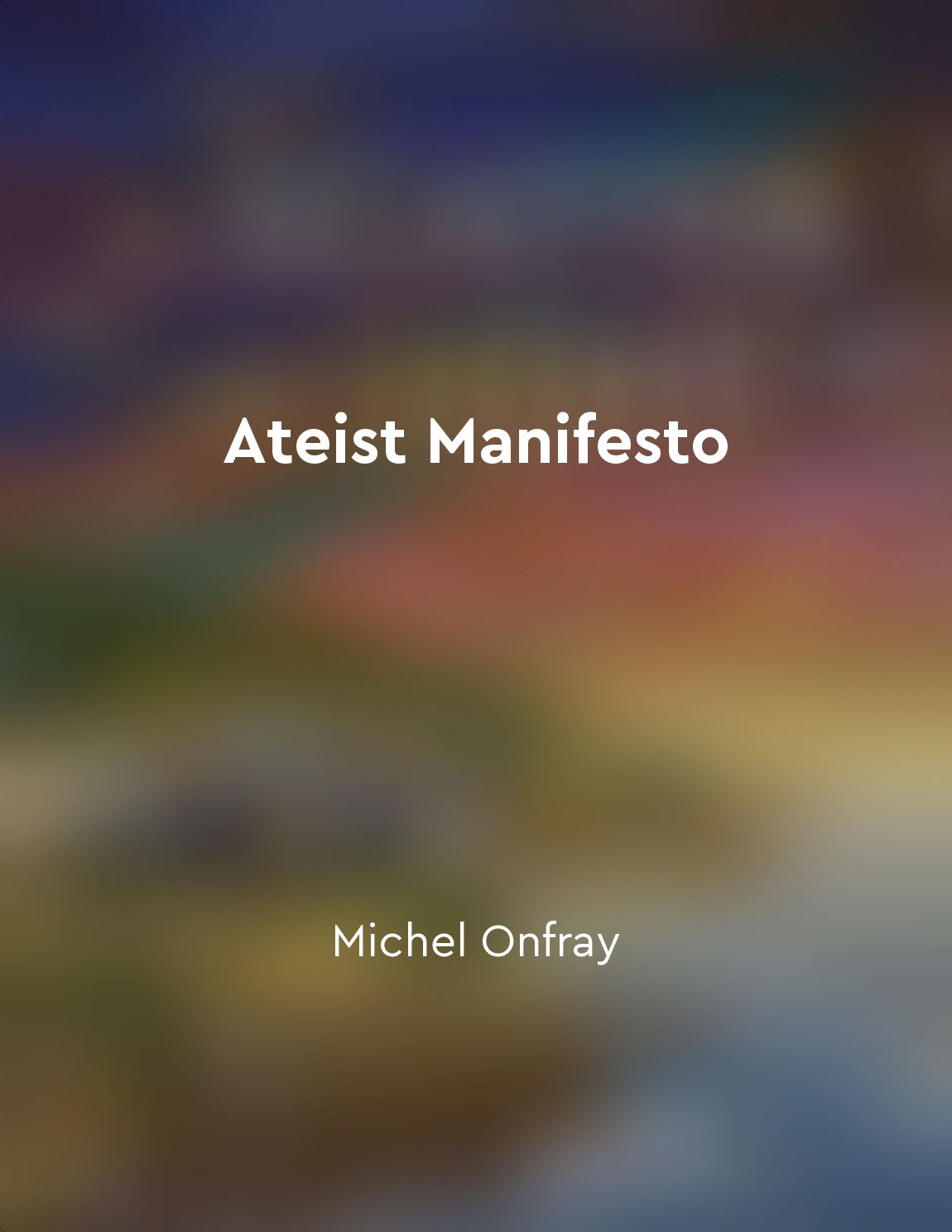The Vedic period marked the beginning of Hinduism from "summary" of A History of India by Romila Thapar
The Vedic period in ancient India, roughly between 1500 and 500 BCE, is considered a crucial phase in the development of Hinduism. During this time, the sacred texts known as the Vedas were composed and served as the foundation for the religious practices and beliefs that would eventually evolve into what we now recognize as Hinduism. The Vedas, consisting of hymns, rituals, and philosophical teachings, were considered divine revelations and were passed down orally from generation to generation before being eventually written down. These texts provided a framework for understanding the world, the divine, and the relationship between humans and the gods. Central to Vedic religion was the performance of rituals, including sacrifices, which were believed to maintain the cosmic order and ensure prosperity and well-being for the community. The priests, known as Brahmins, played a significant role in conducting these rituals and interpreting the sacred texts. The Vedic period also saw the emergence of key deities such as Indra, Agni, Varuna, and Surya, who were worshipped through hymns and sacrifices. These gods represented different aspects of nature and were believed to control various aspects of human life. As society evolved and new ideas and practices emerged, the Vedic religion underwent transformations. Concepts such as karma, rebirth, and dharma began to take shape, laying the groundwork for the ethical and philosophical aspects of Hinduism that would come to define the religion in later centuries. While the Vedic period was not the sole origin of Hinduism, it marked a crucial stage in its development, providing the foundational texts, rituals, and beliefs that would continue to shape the religion for centuries to come. The Vedic texts served as a starting point for the rich tapestry of religious and philosophical ideas that would be woven together to form the diverse and complex tradition that we now know as Hinduism.Similar Posts
Counterrevolutionary forces will resist change
It is a well-known fact that change is not always welcomed by everyone. Whenever there is a movement towards progress or transf...
Embrace the diversity of life experiences
The world is a melting pot of different cultures, traditions, and beliefs. Each person brings a unique set of experiences and p...

Atheism celebrates human diversity
The idea that atheism celebrates human diversity is a powerful one. It goes against the prevailing notion that atheism is a mon...
Economic development in postindependence India
In the early years of independence, India faced numerous challenges on the economic front. The country had been ravaged by year...

The Bhagavad Gita is a key scripture in Hindu philosophy
The revered Bhagavad Gita holds a special place in Hindu philosophy, serving as a guiding light for individuals seeking spiritu...
The diversity within Hinduism across regions
The vast expanse of Hinduism is best captured by its diversity across regions. Each region within India, and even beyond its bo...
Karl Marx advocated for class struggle and revolution
Karl Marx believed that society is divided into different classes, with the dominant class exploiting the weaker classes for th...
